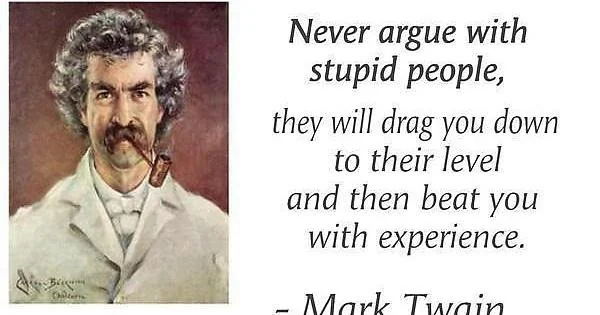African Empires Ignored By History

It’s true that the historical narrative often overlooks or minimizes the significance of numerous African empires. This is due to a variety of factors, including:
- Eurocentric bias:
- Traditional historical accounts have often prioritized European perspectives, leading to the marginalization of non-European histories.1
- This bias has resulted in a focus on European achievements while downplaying the complexities and advancements of African civilizations.
- Challenges in historical preservation:
- Much of African history was preserved through oral traditions, which can be vulnerable to loss or alteration over time.2
- The destruction of historical artifacts and records during colonization also contributed to the gaps in our understanding.
- Misconceptions and stereotypes:
- Harmful stereotypes about Africa have perpetuated the idea that the continent lacked complex societies and sophisticated civilizations.
However, there were many powerful and influential African empires that deserve recognition.3 Here are a few examples, and some of the reasons that they may be less well known.
- The Kingdom of Aksum (Axum):
- Located in present-day Ethiopia and Eritrea, Aksum was a major trading power in the Horn of Africa.4
- It had its own written language, minted coins, and adopted Christianity in the 4th century.5
- One of the reasons that it is less known, is that much of the knowledge of it, was not widely diseminated to the western world.
- The Kingdom of Great Zimbabwe:
- This medieval kingdom in Southern Africa was known for its impressive stone structures, particularly the Great Zimbabwe complex.6
- It was a center of trade and wealth, but its decline and the details of its society remain somewhat mysterious.7
- The Kingdom of Kongo:
- This kingdom existed in central Africa, near the congo river.8
- It had very complex political structures, and had extensive trade with european powers, starting in the late 15th century.
- The slave trade, and later colonial rule, greatly damaged this kingdom.9
- The various Hausa Kingdoms:
- These were a collection of city states, located in what is now northern Nigeria.10
- They were very active in trans-saharan trade, and were centers of islamic learning.11
- Later, these kingdoms were absorbed into the Sokoto Caliphate.12
It’s important to recognize that these are just a few examples, and there were many other significant African empires and kingdoms. Increased scholarly focus and efforts to decolonize history are helping to bring these important histories to light.
It’s important to delve deeper into why these African empires are often overlooked and to highlight some additional examples. Here’s a breakdown:
Factors Contributing to the Obscuring of African History:
- Oral Tradition vs. Written Records:
- Many African societies relied heavily on oral traditions, which, while rich and detailed, can be more susceptible to loss over time compared to written records.
- Colonial powers often disregarded oral histories, favoring written documentation from their own perspectives.
- Colonial Erasure:
- European colonization led to the systematic destruction and suppression of African historical records and artifacts.
- Colonial education systems often minimized or distorted African history, reinforcing the idea of European superiority.
- The “Dark Continent” Myth:
- The concept of Africa as a “dark continent” perpetuated the idea that it was a land devoid of civilization and history. This racist ideology justified colonial exploitation and obscured the achievements of African societies.
Expanding on Examples of African Empires:
- The Mali Empire:
- Famous for its wealth and its ruler, Mansa Musa, this empire was a major center of trade and Islamic learning.
- Its influence spread throughout West Africa, and its cities, like Timbuktu, were renowned for their scholarship.
- The Oyo Empire:
- A powerful Yoruba empire in present-day Nigeria, known for its sophisticated political structure and military strength.
- It played a significant role in the regional slave trade, which ultimately contributed to its decline.
- Ancient Carthage:
- While founded by Phoenicians, Carthage was a dominant power in North Africa.
- Its rivalry with Rome shaped the course of Mediterranean history.
- It’s important to note that the north of Africa has always been part of the african continent, and it’s history is very important to the history of Africa as a whole.
- The Benin Empire:
- Known for its remarkable bronze sculptures, this empire in present-day Nigeria was a highly organized and prosperous state.
- It had a complex political system and engaged in extensive trade with European powers.
- The Sokoto Caliphate:
- This Islamic caliphate, established in the 19th century in present-day Nigeria, was a major political and economic power in the region.
- It promoted Islamic scholarship and reform.
The Importance of Reclaiming African History:
- Recognizing these empires is crucial for a more accurate and complete understanding of world history.
- It challenges harmful stereotypes and promotes a greater appreciation for the diversity and complexity of African civilizations.
- It empowers African communities by restoring their historical legacy.
By continuing to research and share these histories, we can work towards a more inclusive and equitable understanding of the past.




This is Larry Hawkins